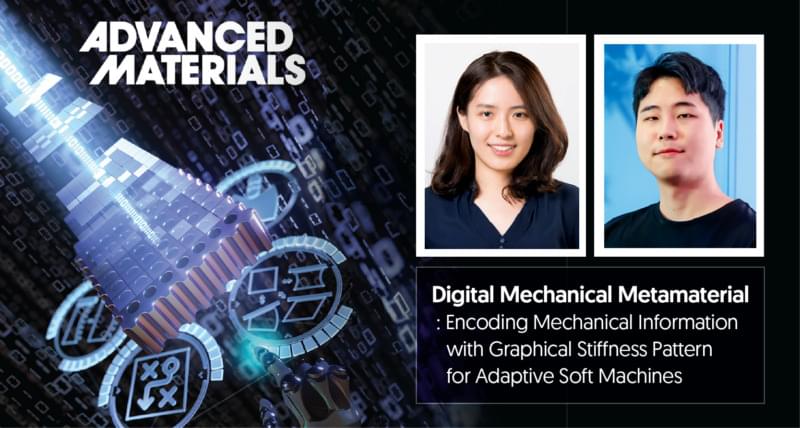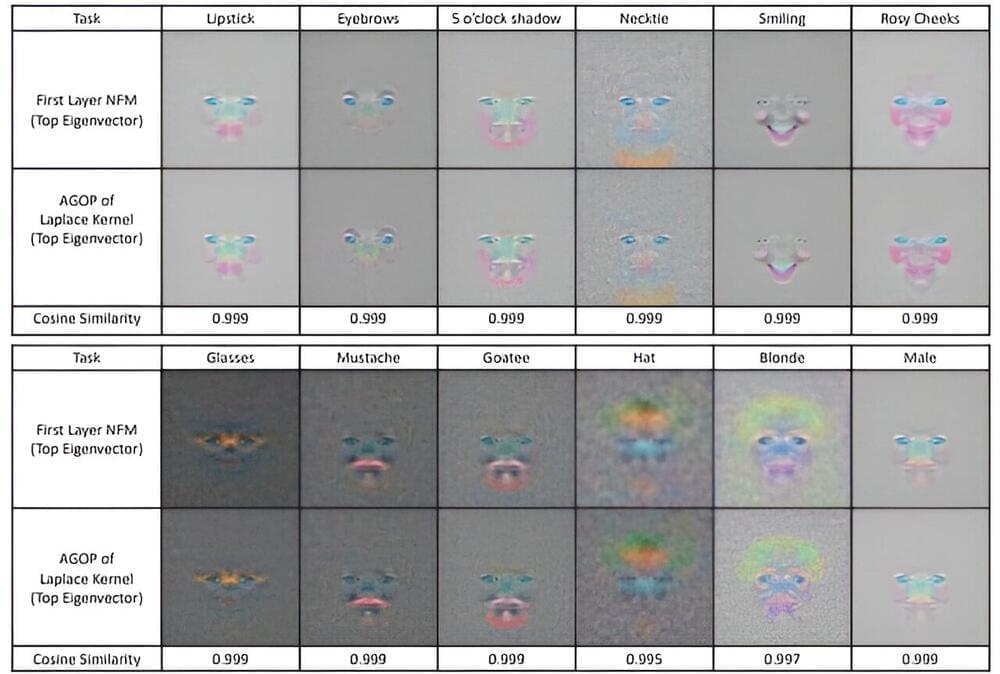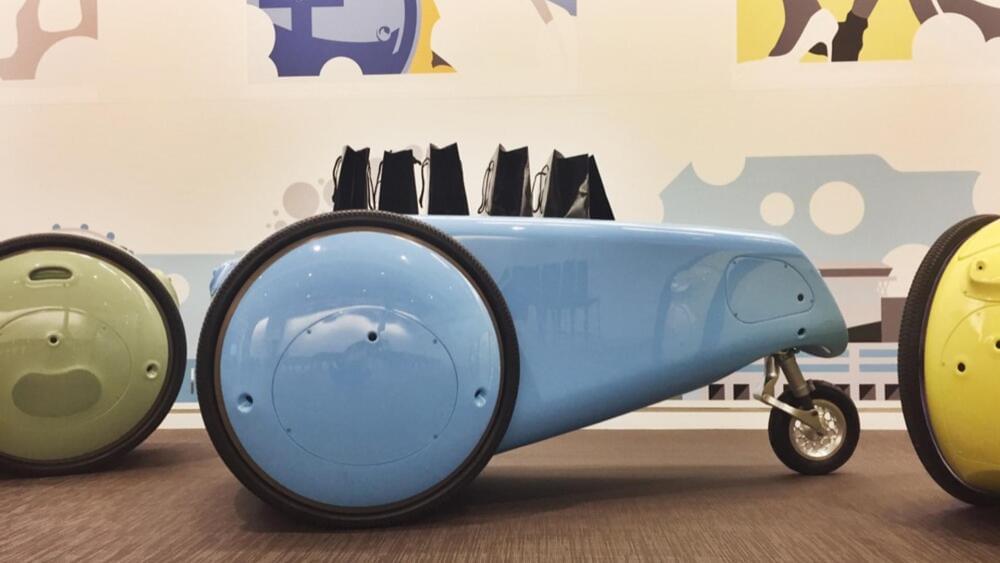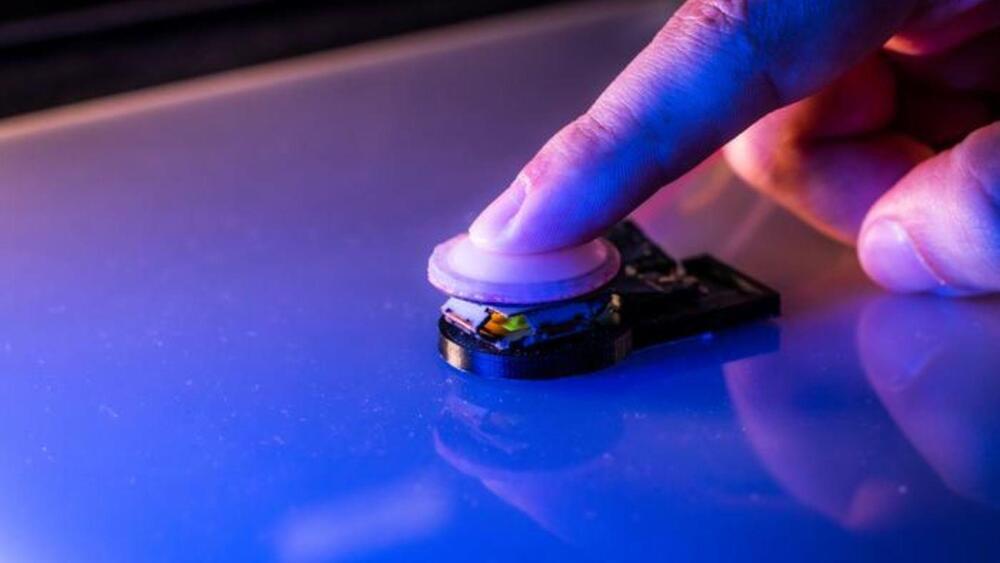Engineers have unveiled an encodable multifunctional material that can dynamically tune its shape and mechanical properties in real time. Inspired by the remarkable adaptability observed in biological organisms like the octopus, a breakthrough has been achieved in soft machines. A research team, led by Professor Jiyun Kim in the Department of Materials Science and Engineering at UNIST has successfully developed an encodable multifunctional material that can dynamically tune its shape and mechanical properties in real-time. This groundbreaking metamaterial surpasses the limitations of existing materials, opening up new possibilities for applications in robotics and other fields requiring adaptability.
Current soft machines lack the level of adaptability demonstrated by their biological counterparts, primarily due to limited real-time tunability and restricted reprogrammable space of properties and functionalities.
In order to bridge this gap, the research team introduced a novel approach utilizing graphical stiffness patterns.







